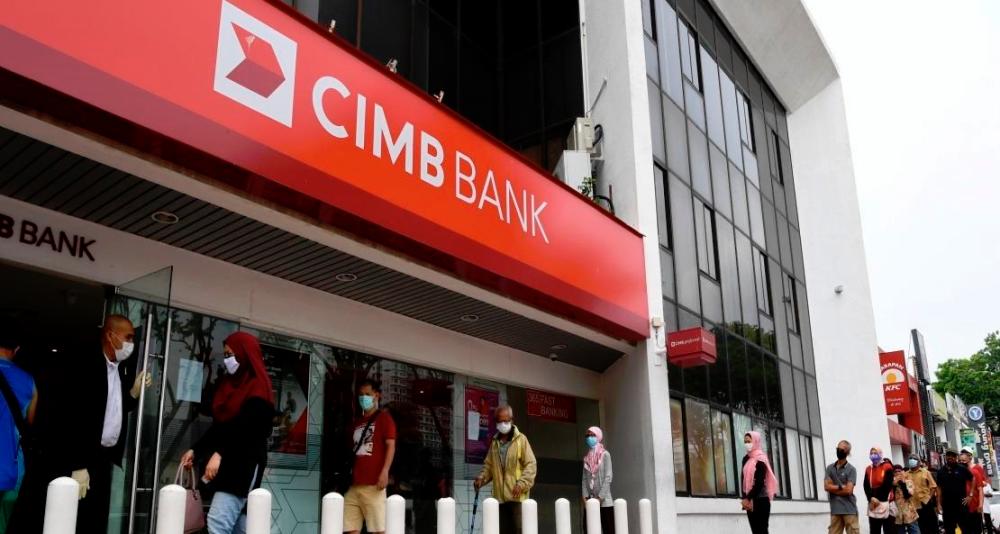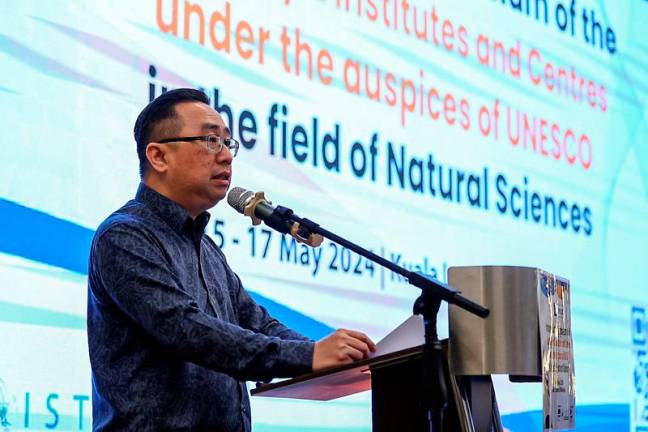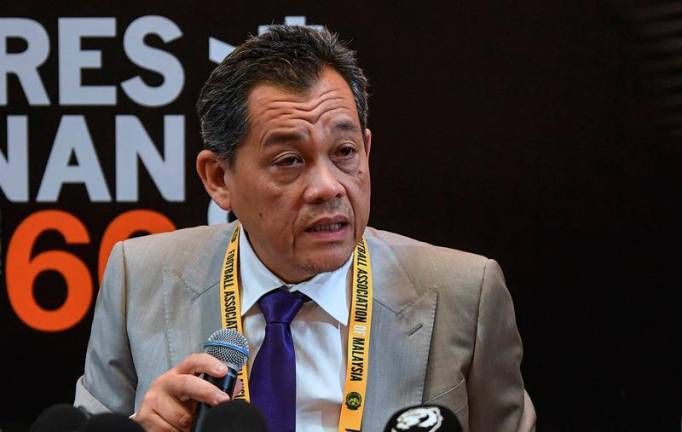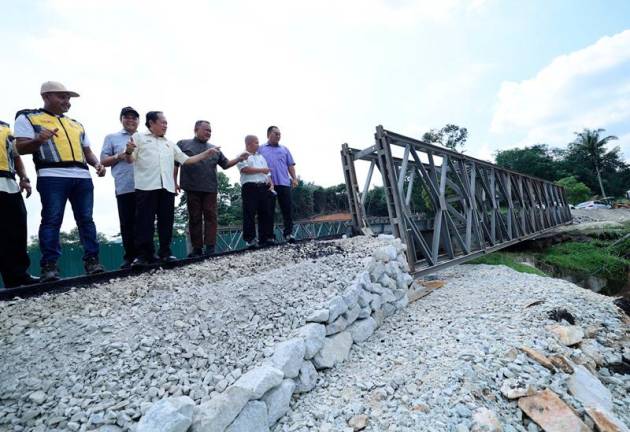PETALING JAYA: CIMB Group Holdings Bhd has established baseline Scope 3 financed emissions in its Malaysia and Indonesia businesses to achieve the target of net zero overall greenhouse gas (GHG) emissions by 2050.
The baselining encompasses financed emissions of on-balance sheet financing for the group’s wholesale, commercial and consumer segments in Malaysia and Indonesia – its two largest markets.
By baselining its Scope 3 financed emissions, CIMB will be able to establish interim climate targets and design appropriate transition plans for carbon-intensive sectors towards achieving net zero.
With the baseline in place, it has set the first round of 2030 climate targets for two sectors – thermal coal mining and cement – and is the first Malaysian bank and second Asean bank to publish concrete targets in alignment with globally recognised 1.5°C climate scenarios.
It will be announcing client engagement and decarbonisation plans for the thermal coal mining and cement sectors within 12 months.
CIMB Group CEO Datuk Abdul Rahman Ahmad stated that CIMB was the first Asean bank to join the net-zero banking alliance.
“We are fully aware that we can only deliver on our sectoral climate targets with the commitment and support of our clients, and look forward to engaging them as we work together to achieve a net zero economy. With sustainability being a key priority for CIMB under our Forward23+ plan, we will continue to actively catalyse and drive the adoption of environmentally and socially responsible practices across Asean,” he said.
Its divisions will be charged a penalty for every tonne of Scope 1 and 2 carbon emitted over their divisional target. The internal carbon price has been set at RM70 per tonne for 2023 and is expected to be ramped up to RM275 to RM335 per tonne by 2030. Proceeds are intended to be reinvested into green capital expenditure to reduce Scope 1 and 2 emissions.
Scope 3 financed emissions also include emissions from the financing of clients and investments. Four asset classes, which are business loans, commercial real estate, mortgages and motor vehicle loans were covered in CIMB’s preliminary baselining of financed emissions. In terms of sector coverage, CIMB included agriculture, aluminium, cement, coal, commercial and residential real estate, iron and steel, oil and gas, power generation, and transport, into its financed emissions baselining.
The sectoral climate targets will support the group’s existing sustainable financing policy applicable to non-individual financing and capital raising clients. The policy is complemented by sector guides for high sustainability risk sectors including palm oil, forestry, construction and infrastructure, oil and gas (O&G), coal, mining and quarrying, and manufacturing sectors.
CIMB plans to introduce more sectoral targets and transition plans by 2024 including for power generation (including coal-fired power plants/generation companies), transport, iron and steel, real estate, O&G and agriculture.
In addition, the group is in the process of augmenting the scope of its financed emissions baseline to cover its other main operating markets, sectors and asset classes by end-2022.
From end-2021, CIMB has aimed to halve its financing and investment exposure to the thermal coal mining sector by 2030 as an interim target for the group’s commitment to phase out coal from its portfolio by 2040.
Similarly, it aims to reduce the physical intensity of financing clients in the cement sector by 36% from 0.72 to 0.46 tonnes of CO2 equivalent per tonne of cement produced by 2030.










